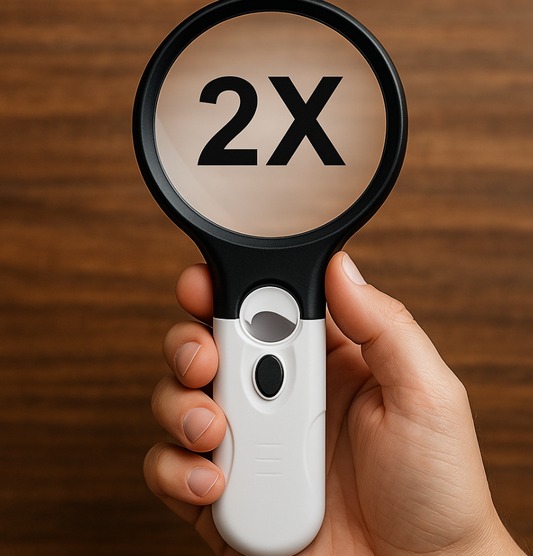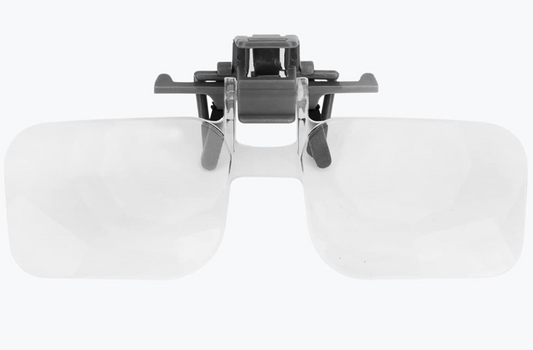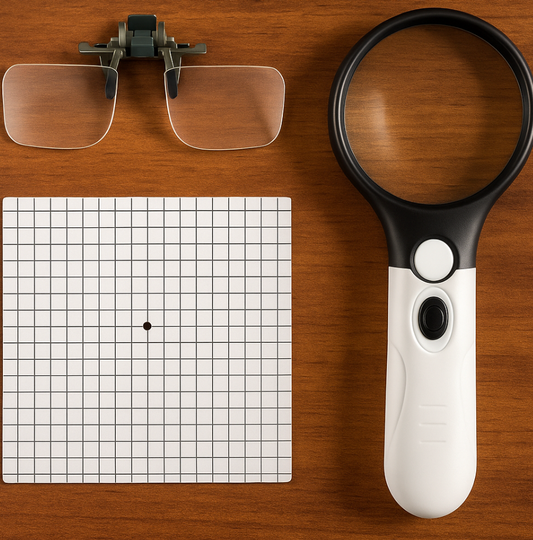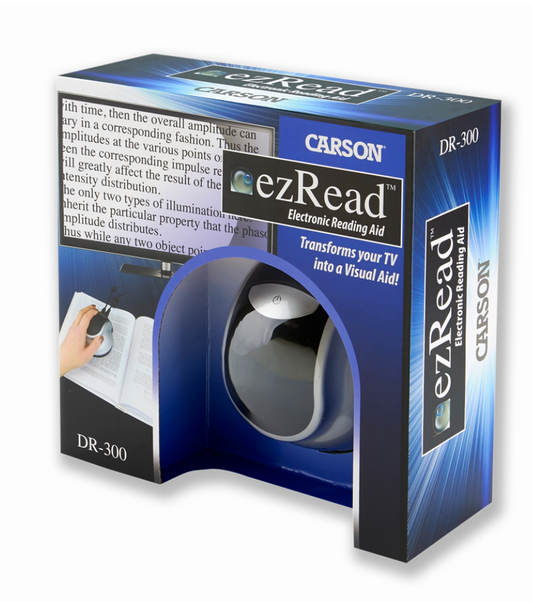Cataract Surgery - What to Expect
Share
A cataract is a cloud that forms on your eye’s natural lens, making vision blurry, dull, or haloed. If it interferes with daily life—reading, driving, watching TV—your doctor may recommend surgery.
The point at which your optometrist may refer you for cataract surgery usually depends on provincial, state or insurance guidelines. In some cases, there are extremely long wait times for cataract surgery - this is frustrating for patients who are struggling with daily tasks and driving.
If you find yourself in an area with long wait times - ensure you have the best prescription in your glasses, lots of light when reading or doing any near tasks and you may want to limit your night time driving.
Before Surgery
- Simple, painless eye exam and measurements.
- Discussion about lens options—standard or premium.
- Instructions about eating, drinking, and medications before surgery.
During Surgery
- Quick outpatient procedure—10–30 minutes.
- Numbing drops or injection—no pain, just mild pressure.
- Small incision, cloudy lens removed and replaced with a clear artificial lens (IOL).
After Surgery
- Go home same day.
- Mild blur or gritty feeling for a few days.
- Use eye drops as prescribed.
- Avoid heavy lifting, swimming, or getting water in the eye for a few weeks.
Recovery & Results
- Clearer, brighter vision within days.
- Colors appear more vivid.
- 90%+ achieve improved vision.
- Rare: “secondary cataract” (capsule clouding) treatable with a quick laser.
Check out the video below
FAQs
Q: Is cataract surgery painful?
A: No, your eye will be numbed—you may feel gentle pressure.
Q: How long does recovery take?
A: Most people return to normal in a few days; full healing in 4–6 weeks.
Q: Can cataracts come back?
A: The natural lens is removed, so cataracts don’t return, but a secondary cloud can form—treatable with laser, not another surgery.
Q: Will I still need glasses?
A: Depends on lens choice and eye health—some people still need glasses for certain tasks, especially for reading.
Q: When can I drive again?
A: Usually within a few days, after your doctor confirms your vision is safe for driving.



